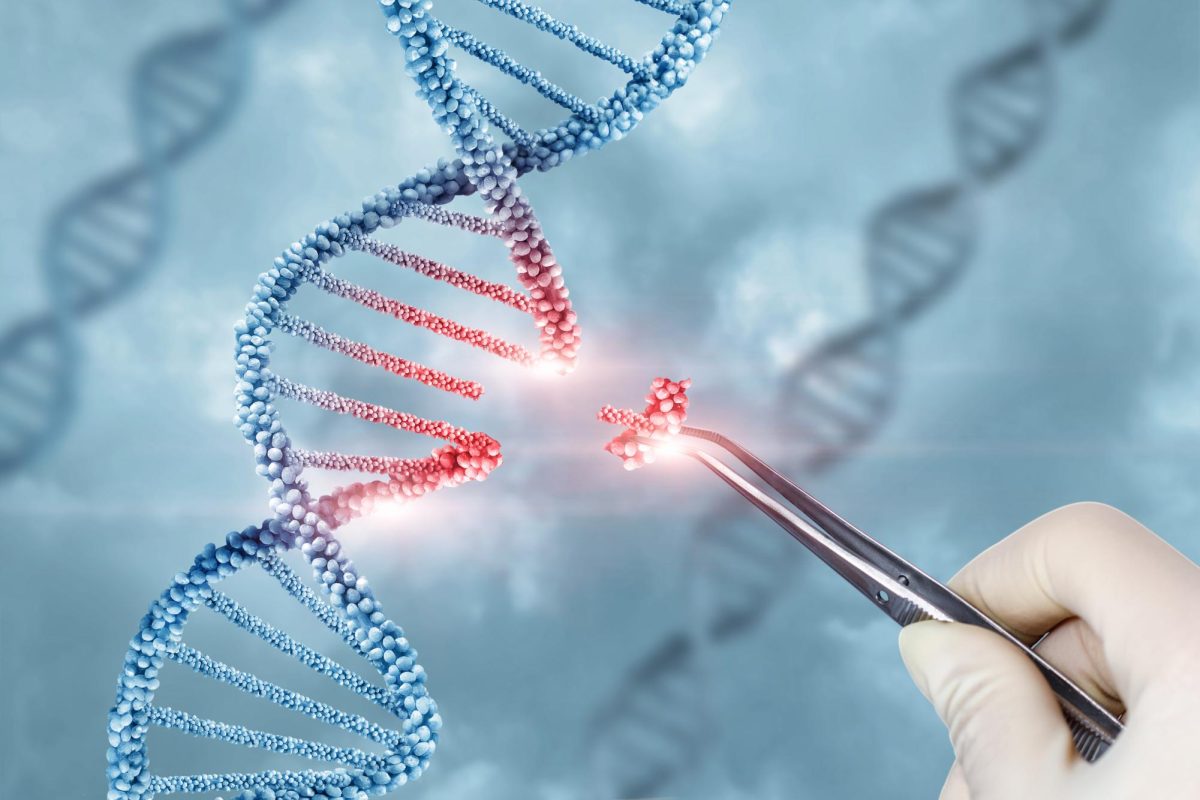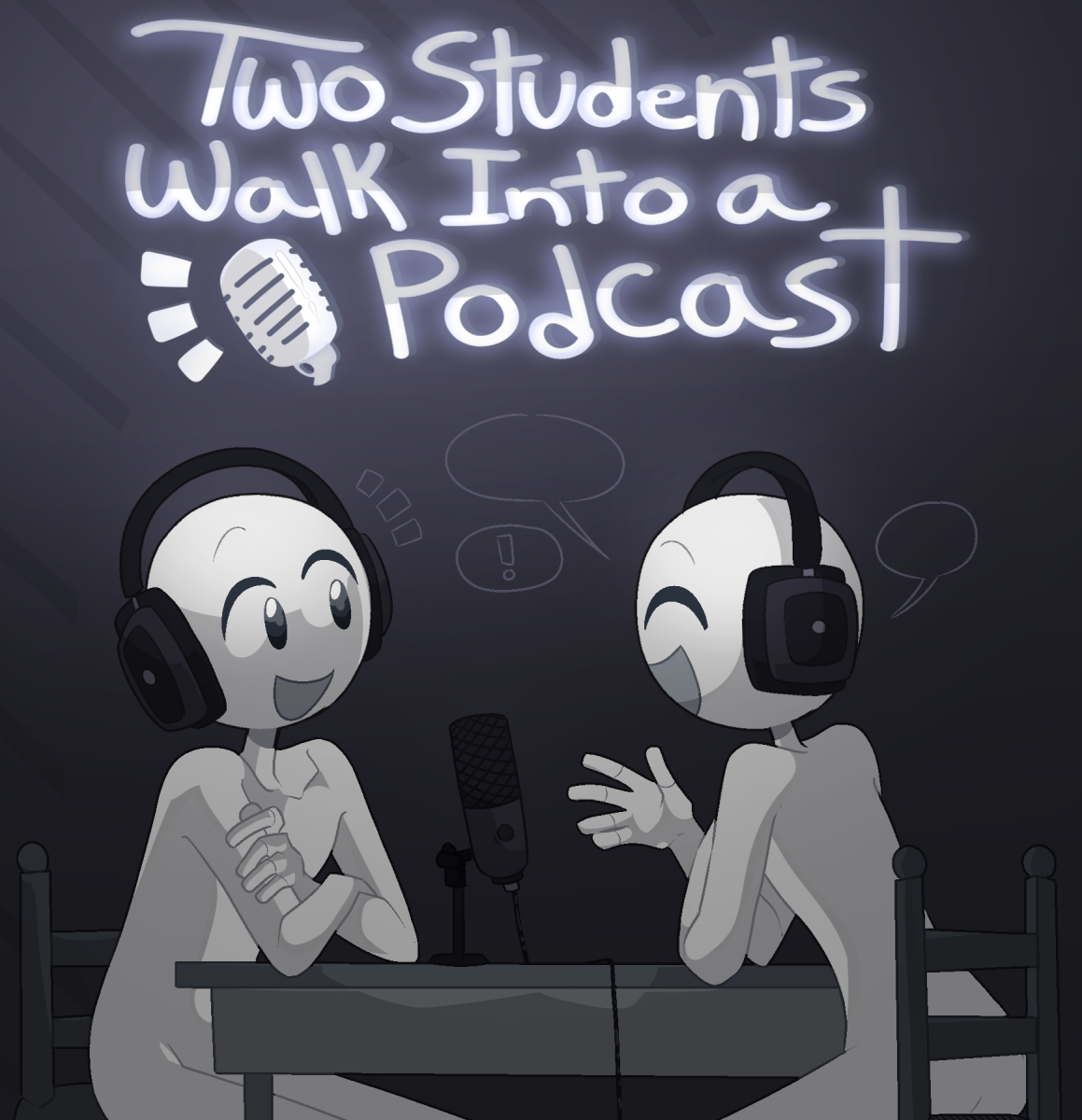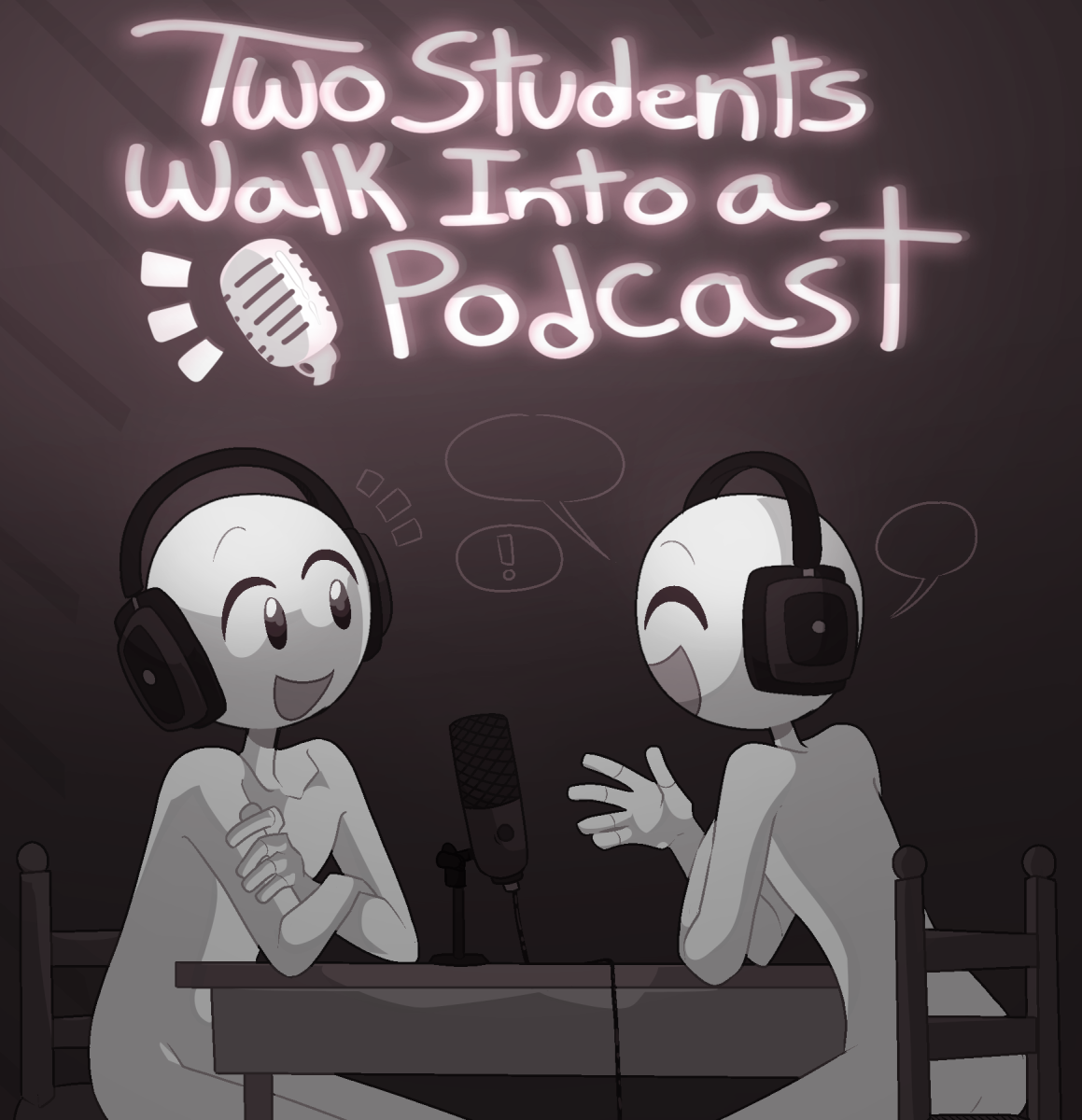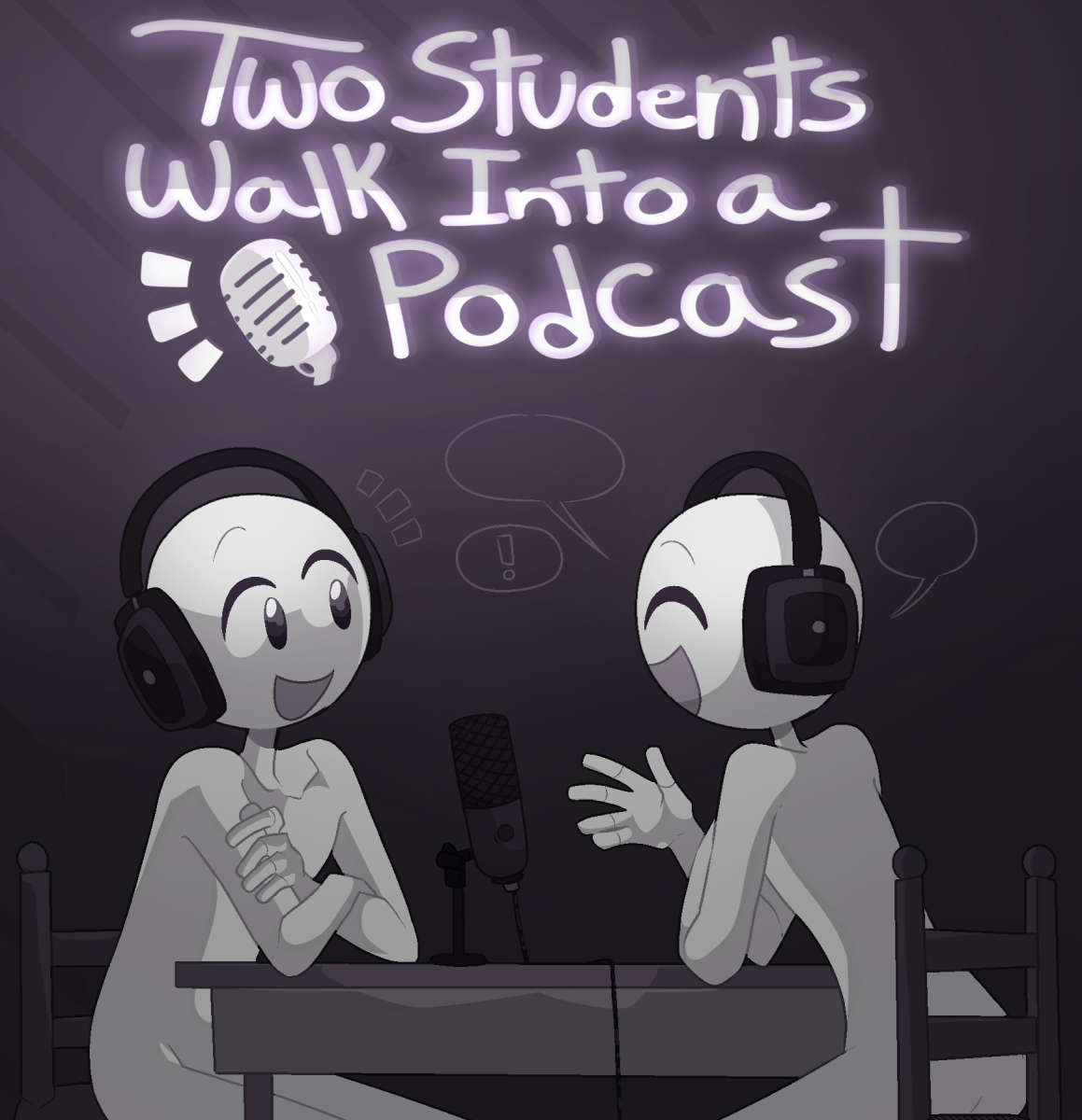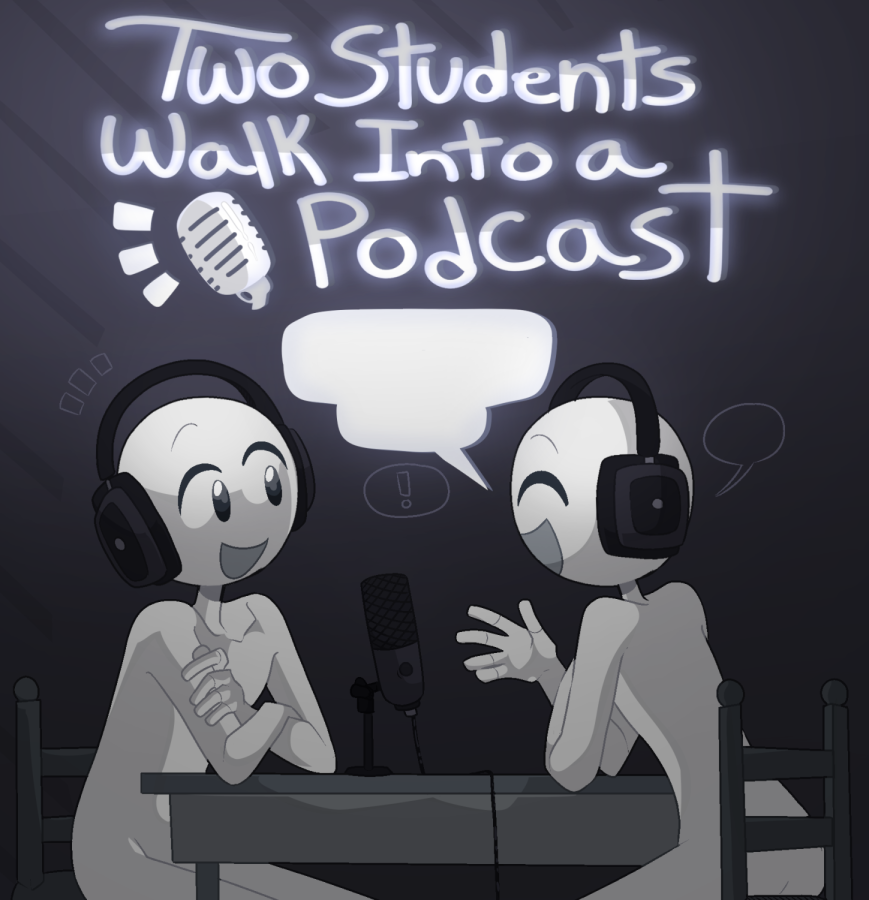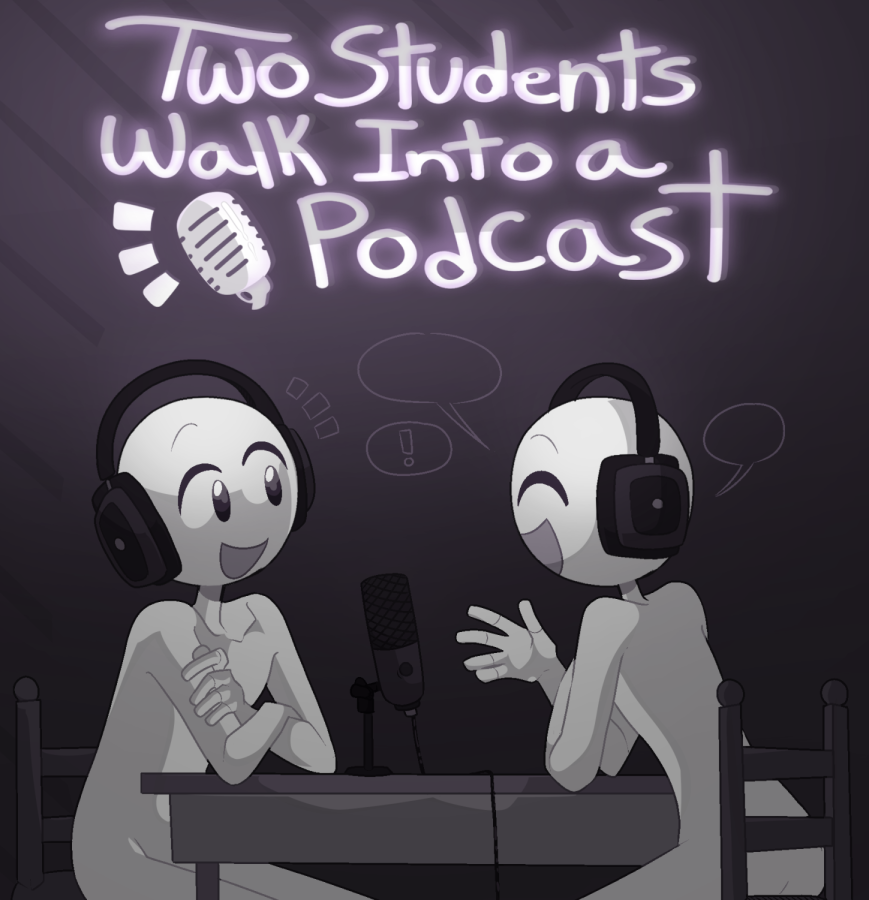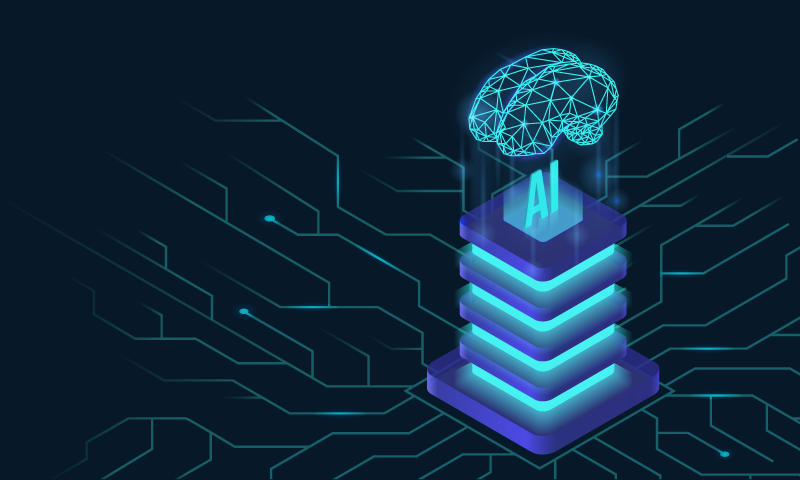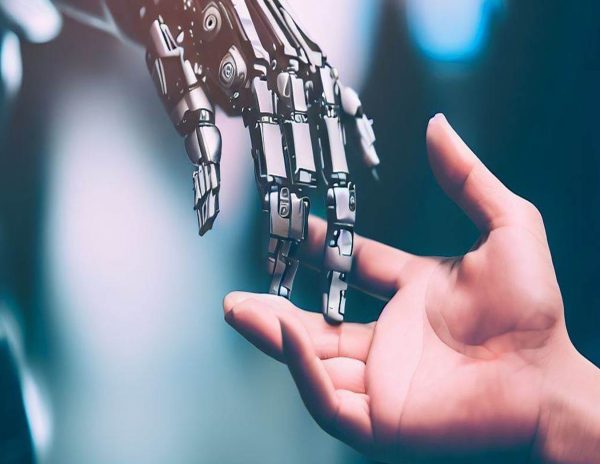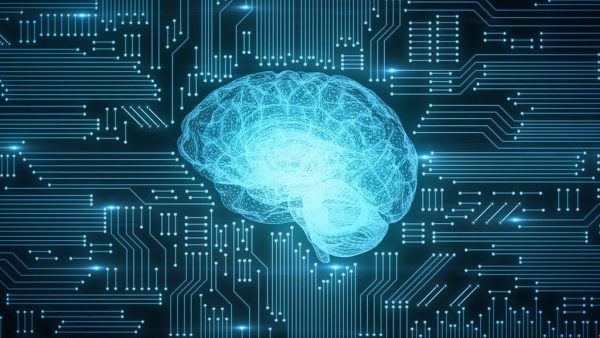Dear America: The Development of AI May Actually Be Good
Artificial Intelligence (AI) brings profound innovations for people in the future.
Artificial Intelligence is the simulation of human intelligence on steroids. (ARIA Cybersecurity Solutions)
June 1, 2023
I think the development of Artificial Intelligence (AI) is a strong transition into the new technological age. Technological advancements led to the invention of computers, the Internet, and iPhones, connecting billions of lives. These advancements have made education and literacy more accessible.
Advancements have increased productivity and automated processes, freeing up employees to focus on more important work. For example, online accounting software can handle financial tasks quickly and accurately. Technology is continually helping to save lives and improve the quality of life through advancements in healthcare, from medical research to robotics. Many work tasks are becoming more and more automated.
But…
…will Artificial Intelligence replace human jobs?
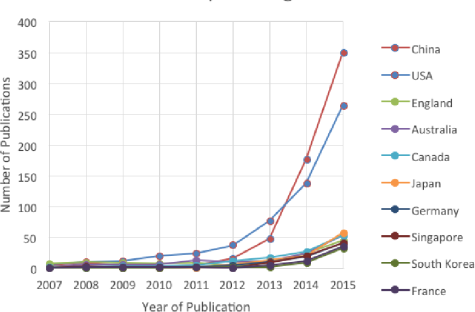
This is a very interesting question, but first, let’s look at the key advantage of AI. Artificial Intelligence can significantly reduce human errors and increase efficiency and precision. The decisions taken by AI are decided on information previously gathered and a certain set of algorithms. When AI is programmed correctly, the room for error becomes obsolete.
AI’s influence on technology is due in part because of how it impacts computing. Through Artificial Intelligence, computers have the ability to tackle huge amounts of data and use their learned information to make optimal decisions. These decisions and tasks are done in a fraction of the time that it would take humans.
Artificial Intelligence from 2010 to now has become immersed in our day-to-day existence. The current decade has been very important for AI innovation. We use iPhones that have voice assistants and computers that have ‘intelligence’ capabilities most of us take for granted. Microsoft has Siri, Amazon created Alexa, Google released Google Home, Samsung introduced Bixby, and the list goes on. There are major developments in China, dominating the AI landscape, with Alibaba creating a language-processing AI that outscored human intellect at a Stanford reading. Referring to the decline in human abilities, technology by itself has made humanity lazy, but everything is easier than it was in the past.
However, some people are skeptical and do not see the benefit of Artificial Intelligence. They believe that AI will lead to job loss and a decline in human abilities. AI could lead to job loss, but AI is meant to be more efficient and accurate than humans; businesses would benefit more from a machine that could do the job “perfectly.”
Referring to the decline in human abilities, technology by itself has made humanity lazy, but everything is easier than it was in the past. AI is just another factor added to the central concept of technology.
There are economists that believe AI may deprioritize the role of work in people’s lives. If AI replaces millions of jobs, people will be itching for work. The truth is: many people put a significant deal of life satisfaction in their careers, and jobs are a comfort. For example, if a middle-class adult is at a dinner party, and someone asks “what do you do?”, they’re asking what you do for a job, not your hobbies.
Healthcare is very important. AI greatly benefits the healthcare industry. It is ripe with applications of AI, including the discovery and development of new drugs. Artificial Intelligence has been used to identify potential molecules by calculating data. In fact, pharmaceutical companies use predictive analytics to discover these molecules and optimize them to select the best one for drug manufacturing.
This is important as well – AI is used to help sequence RNA for vaccines and model human speech. AI has affected almost every major industry in the 21st century. Tech giants – Apple, Google, Microsoft, and Amazon – are spending billions of dollars to create Artificial Intelligence products and services. Colleges and Universities are making AI a more noteworthy part of their curriculum; more on that later.
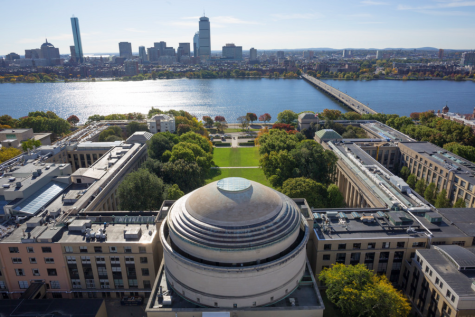
From what I previously mentioned above, we use iPhones that have voice assistants. Voice-assisted AI is one of the major breakthroughs, especially for those who are visually impaired. It helps them communicate with others using smart devices and describe their surroundings. Tools like this, that people take for granted, can significantly help in overcoming daily obstacles for those with disabilities.
Massachusetts Institute of Technology dives deeper into the use of artificial intelligence to enrich digital maps. The AI model tags road features based on satellite images. This would significantly improve GPS navigation. If AI can show drivers more details about their routes, it can often help them navigate in unknown locations.
For example, there are lane counts, which can enable a GPS system to warn drivers of different lane switches. Also, if AI can include information about parking spots, it can help all drivers plan ahead, while mapping bicycle lanes can help cyclists navigate hectic city streets. Artificial Intelligence can benefit both drivers and cyclists by providing updated info on road conditions to avoid road disasters up ahead. It can save someone time by avoiding traffic where there is an accident ahead too.
I think Artificial Intelligence (AI) is the elephant in the room that can’t be ignored.















